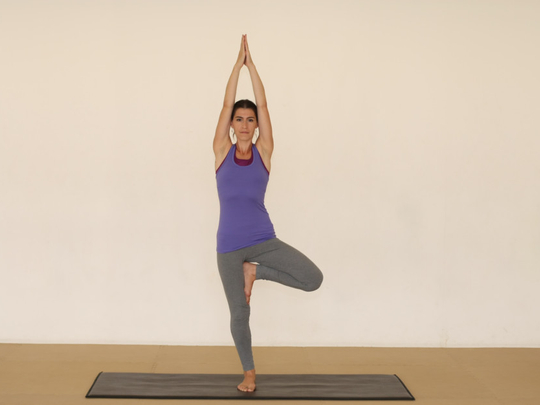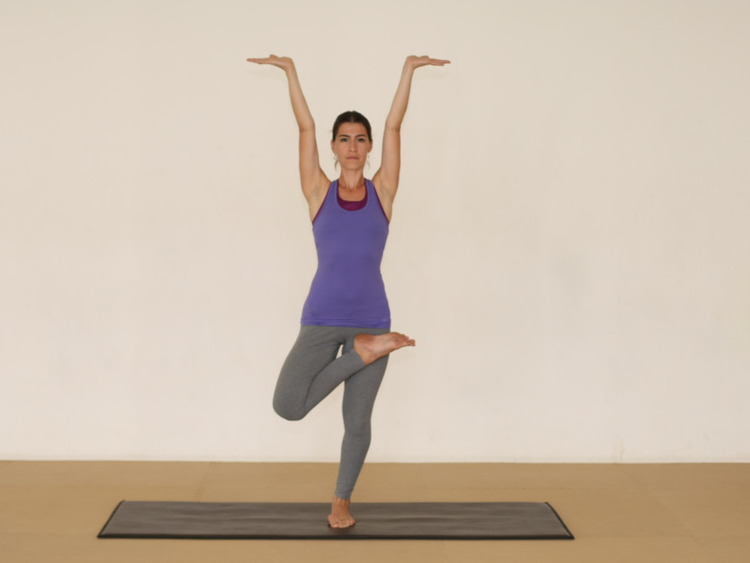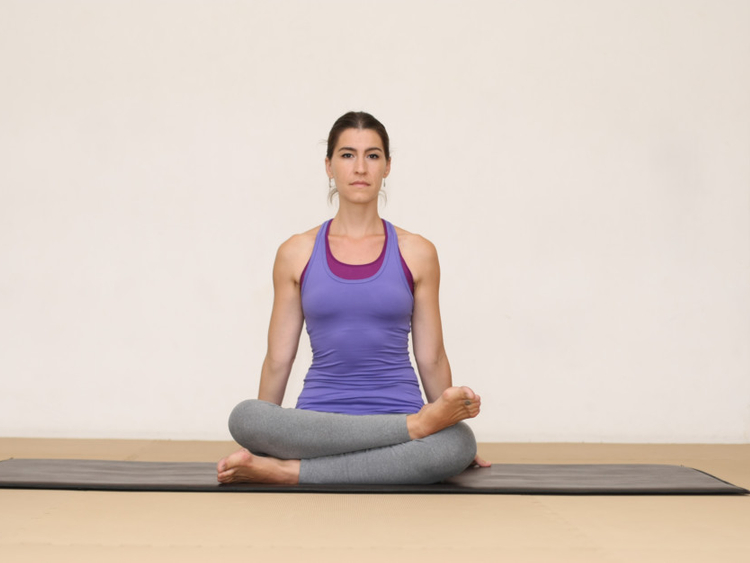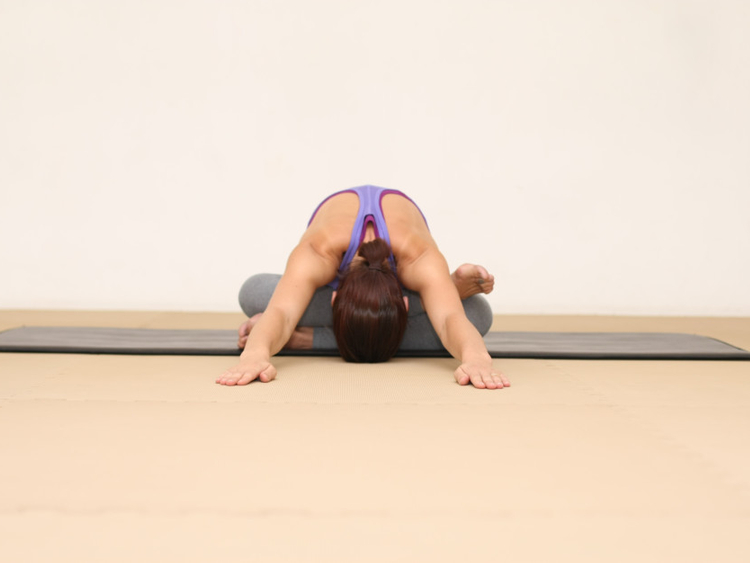
Our state of mind is often like an empty can with pebbles being shaken vigorously, resulting in chaos and noise. Or consider it as the ocean – on the surface there is intense activity with waves while deep down it is calm.
Dhyana or meditation is an aspect of yoga through which one can explore the deeper realms of the mind.
Meditation can change the brain
A research was conducted by Harvard neuroscientist Sara Lazar who started practising yoga for physical benefits but experienced changes in her state of mind. She remained sceptical about the feelings of compassion, kindness and open-heartedness that emerged as a result of doing yoga and took to a scientific approach to analyse them.
Two groups of people with the same demography were monitored, where one of them was asked to practise meditation techniques for 30-40 minutes each day. After three months, brain scans revealed that the grey matter had increased in several areas of the brain of the meditators, especially in the area responsible for working memory and executive decision making.
Also researchers found that meditators who were 50 years old had the same amount of cortex as 25-year-olds, suggesting that meditation may prevent the natural decline in age related cortical structure and neural activity. As we age the cortex shrinks in size and this is partly what leads to a decline in cognitive abilities.
Stress and meditation
With regular practise of yoga, it was also noticed that there was a decrease in grey matter in the amygdala, the fight or flight part of the brain. The change in grey matter was co-related with change in stress. The more stress reduction people reported the smaller the amygdala became. These changes and the feelings of enhanced calmness, compassion and love that people felt was due to the changes in their relationship to the environment and not the environment itself. They still continued their day to day life – job, marriage, children, finances, future plans – but their perception towards life softened with the regular practice of yoga or meditation.
Other benefits
- Several other researches have been conducted and it has been confirmed that meditation may help achieve these.
- Decrease in stress
- Reduction of symptoms associated with depression, PTSD (post-traumatic stress disorder) and anxiety disorders
- Improvement in sleep and restfulness
- Help in emotion regulation
- Improvement in concentration, memory and learning abilities
- Enhancement of perception, creativity and decision making ability
- Increase in empathy and compassion
- Achievement of a state of contentment and peace
There are several techniques of meditation which we will explore in the coming weeks.
Practice of the week
Vrikshasana, step 1 and 2
Agnistambasana, step 1 and 2
Next week: Meditation and its effects Part 2















